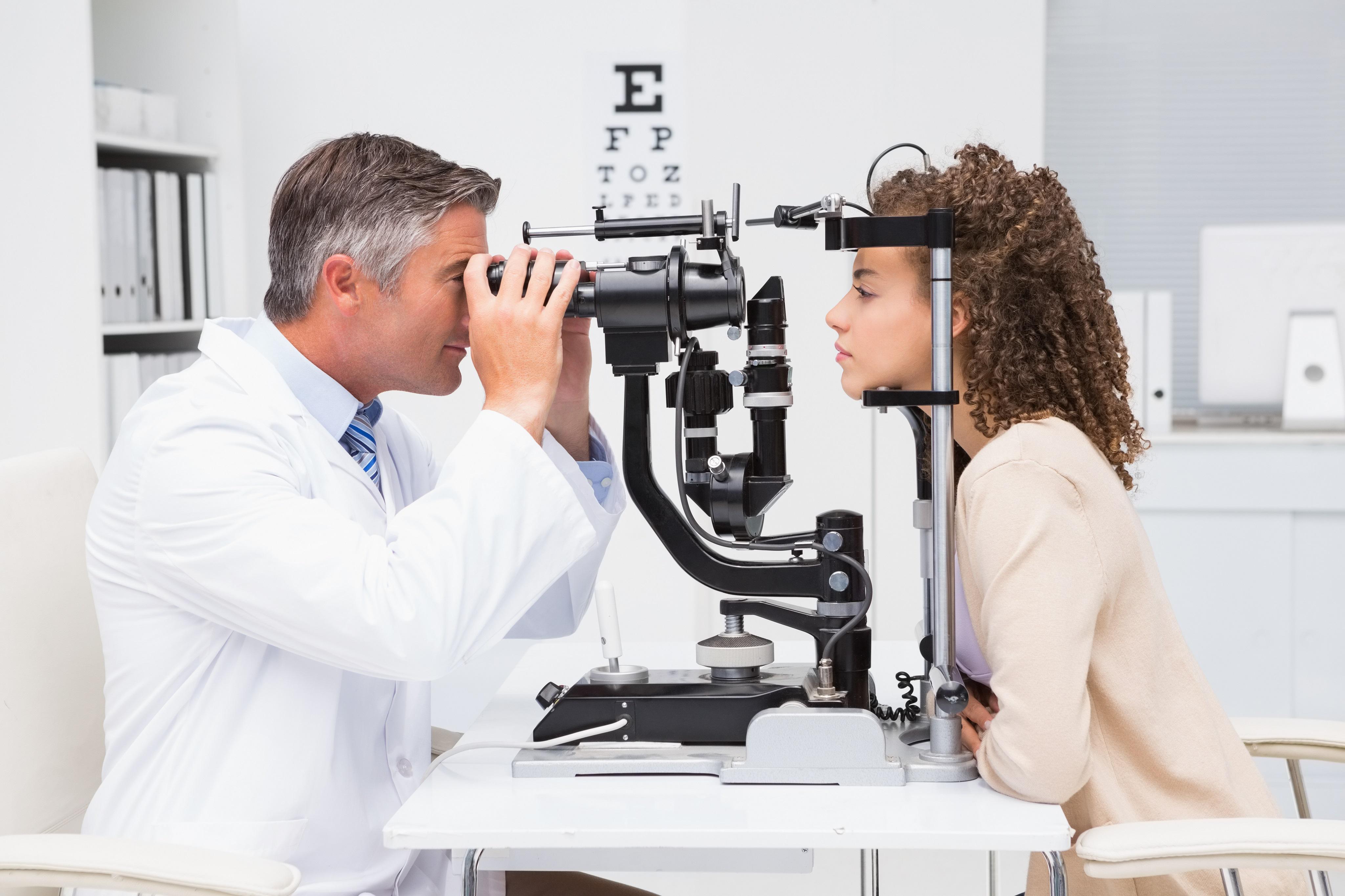Is Refractive Surgical Procedure Right for You? Variables to Consider for Better Eyecare
In the world of eye treatment, the decision to undertake refractive surgical procedure is a significant one that requires thoughtful consideration. As people seek clarity and liberty from the constraints of restorative lenses, many elements enter play when determining the viability of such a treatment. From the details of one's eye wellness to the complexities of individual assumptions and everyday routines, each aspect holds relevance in the more comprehensive landscape of refractive surgical treatment candidateship. By reviewing these crucial elements with treatment and precision, a more clear path towards informed decision-making emerges.
Eye Wellness Evaluation
When taking into consideration refractive surgical procedure, a thorough eye wellness assessment is crucial to evaluate the viability of the treatment for each and every person. cardiologist andalusia. This assessment involves a series of tests and assessments performed by an eye care expert to determine the overall health and wellness of the eyes, the visibility of any underlying problems, and the security of the refractive error
During the examination, different elements are taken into consideration, such as the patient's clinical background, present eye prescription, corneal density, student dimension, and tear movie high quality. These assessments help to recognize any type of contraindications to refractive surgery, such as corneal problems, cataracts, or unattended eye infections. Additionally, the assessment helps to handle person assumptions concerning the prospective results of the surgery based upon their unique eye features.
Inevitably, the eye health analysis is important in ensuring the safety and effectiveness of refractive surgical treatment, as it offers important understandings right into the person's eye health status and assists establish the most ideal therapy alternatives for accomplishing ideal aesthetic end results. (neurologist andalusia)
Way Of Life Assessment
An extensive way of life assessment is important in determining the suitability of refractive surgical procedure for a person's aesthetic adjustment needs. Lifestyle variables such as line of work, pastimes, and everyday tasks play an essential duty in the decision-making procedure relating to refractive surgical procedure.
In addition, lifestyle routines such as sports participation, outside activities, or perhaps skin care regimens can influence the healing procedure and overall success of refractive surgical treatment. For example, people that involve in get in touch with sports may need to take extra precautions to safeguard their eyes throughout the recovery duration. In addition, individuals with extensive sunlight direct exposure may require added post-operative care to stop issues. By performing an extensive way of life evaluation, eye treatment specialists can customize their suggestions and treatment strategies to meet the unique requirements of each client, inevitably bring about improved aesthetic results and fulfillment.
Expectation Placement

Individuals require to comprehend that while lots of individuals accomplish 20/20 vision or far better complying with refractive surgical procedure, some may still require glasses for specific activities like analysis or driving at night. Handling these assumptions helps prevent frustration and dissatisfaction post-surgery, leading to a much more positive overall experience for the person.
Threat Evaluation

Aspects that may from this source increase the risk of problems consist of age, specific medical problems like autoimmune diseases, unpredictable vision prescription, slim corneas, and impractical person expectations. In addition, selecting a experienced and skilled surgeon, complying with pre and post-operative care guidelines faithfully, and revealing any kind of appropriate case history can assist alleviate threats.
To lessen the likelihood of complications, ophthalmologists conduct comprehensive pre-operative assessments to determine any kind of contraindications to surgical treatment. They likewise discuss the prospective threats and advantages with individuals during the consultation procedure. By engaging in open interaction and shared decision-making, both the patient and the ophthalmologist can collaborate to figure out if refractive surgical treatment is the appropriate selection based upon individual threat accounts and wanted end results.
Examination Significance
Taking into consideration the essential duty of educated decision-making in assessing threats and possible difficulties in refractive surgical procedure, the assessment procedure holds substantial importance in assisting clients towards ideal outcomes. During the examination, the eye doctor reviews the person's eye health, refractive mistakes, and general Visit Website suitability for surgical treatment. This initial assessment is essential in establishing the most suitable treatment for each and every individual, taking into account elements such as corneal thickness, student dimension, and existing eye problems.
Moreover, the appointment acts as an opportunity for clients to discuss their assumptions, concerns, and any type of inquiries they may have concerning the surgical procedure. Clear communication in between the person and the cosmetic surgeon is vital to make certain reasonable assumptions and a thorough understanding of the potential threats and advantages entailed.
In addition, the examination allows the surgeon to clarify the various surgical choices offered, their corresponding end results, and the post-operative treatment called for. This detailed discussion empowers people to make knowledgeable decisions concerning their eye care, leading to far better fulfillment and results post-surgery.
Final Thought
To conclude, people considering refractive surgical procedure ought to undertake an extensive eye wellness evaluation, analyze their lifestyle behaviors, align their expectations with prospective outcomes, evaluate the connected threats, and focus on assessments with eye care professionals. These aspects play an essential duty in Click This Link determining the suitability of refractive surgical procedure for each person, making sure ideal results and contentment with the treatment.
Individuals considering refractive surgical procedure often have high expectations pertaining to the outcomes, anticipating best vision without the requirement for glasses or get in touch with lenses. While refractive surgery can considerably enhance vision and reduce dependence on aesthetic help, it is vital for people to comprehend that results might differ based on individual aspects such as the degree of refractive mistake, corneal thickness, and overall eye health and wellness.
By engaging in open interaction and shared decision-making, both the patient and the ophthalmologist can work with each other to identify if refractive surgery is the ideal choice based on specific risk accounts and desired end results.
Considering the crucial role of informed decision-making in evaluating dangers and prospective complications in refractive surgery, the examination procedure holds significant importance in directing patients towards optimum outcomes. Throughout the assessment, the ophthalmologist assesses the individual's eye wellness, refractive mistakes, and overall viability for surgery.